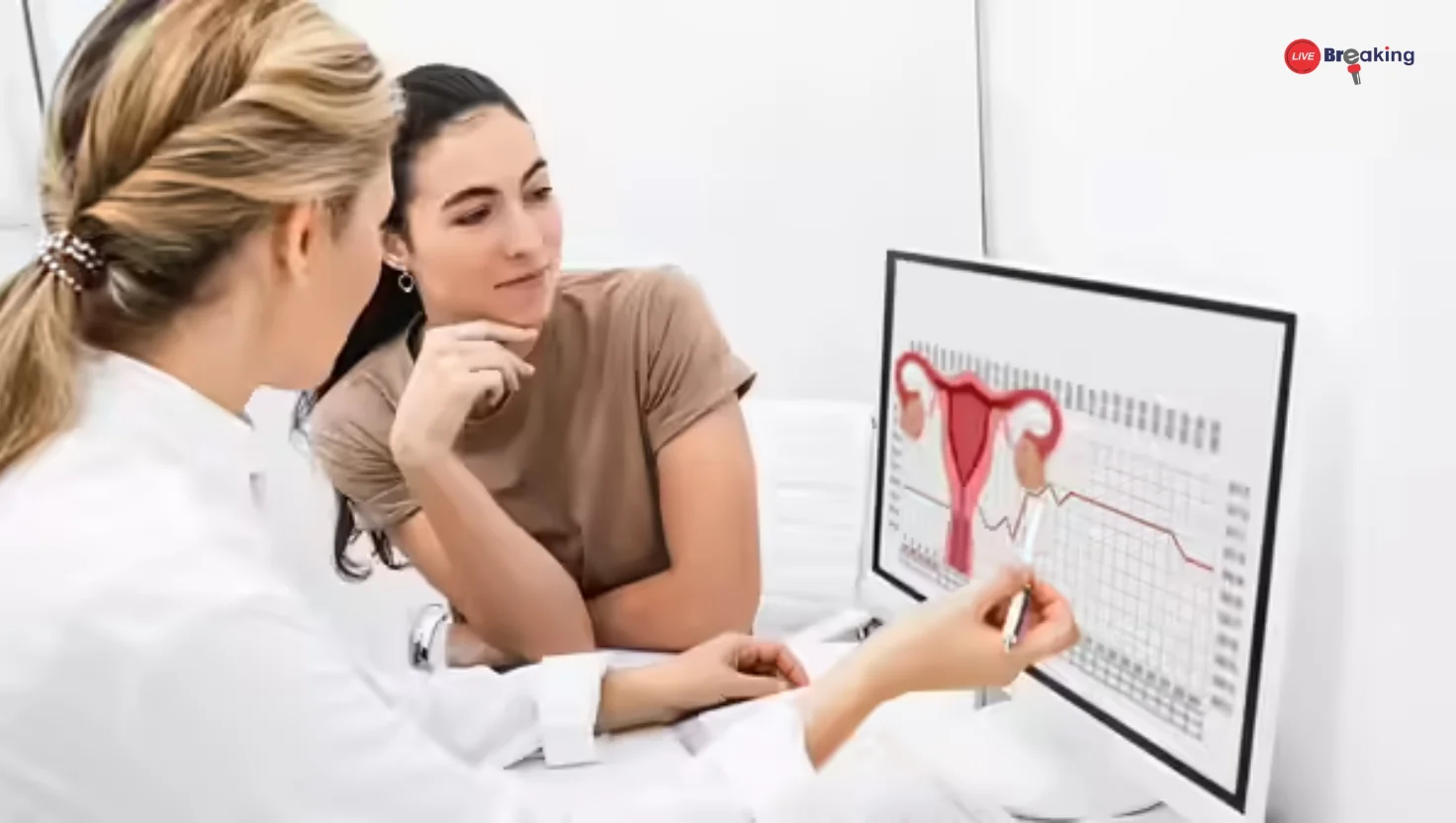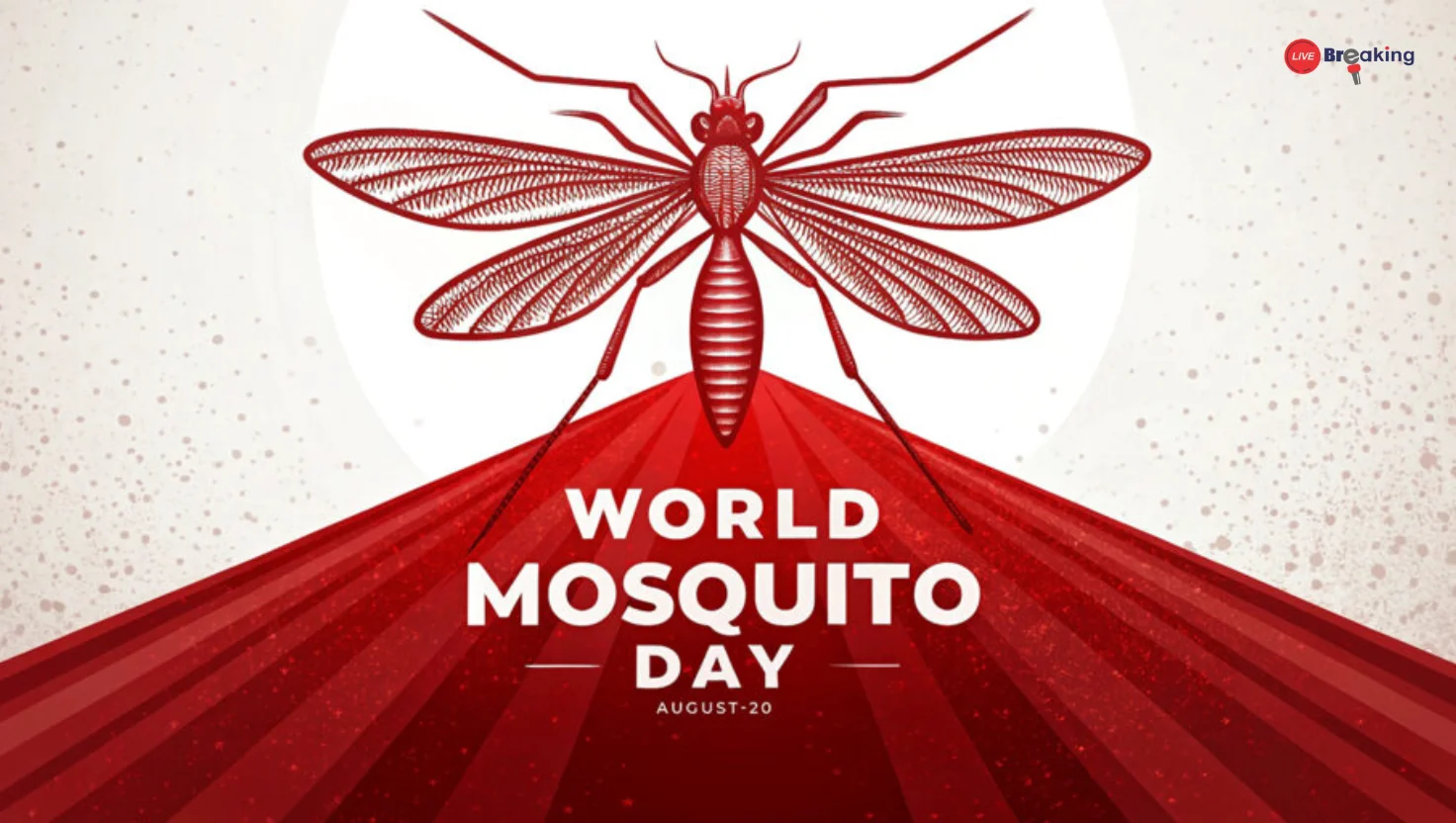Is Your Daughter’s Period Starting Too Early? Risks of Hormonal Disorders Explained
The onset of menstruation, also known as menarche, is a significant milestone in a girl’s life. Traditionally, the average age for the first period has ranged between 12 and 14 years. However, in recent years, doctors have observed a growing number of girls experiencing menarche as early as 9, 10, or 11 years of age. While early menstruation may appear to be just a variation in growth, health experts caution that it may be a warning sign of potential hormonal imbalances and long-term health complications.
What Is Considered Early Menarche?
Menarche before the age of 12 is generally considered early. Puberty and menstruation are influenced by multiple factors such as genetics, body weight, nutrition, lifestyle, and environmental exposure to chemicals. While it may sometimes run in families, an increasing trend of early periods is being linked to lifestyle shifts, including higher stress levels, processed food consumption, and rising rates of childhood obesity.
Why Early Menstruation Matters
Doctors emphasize that the timing of puberty is not just about reproductive health but also about overall hormonal balance. When a girl begins menstruating before her body is fully ready, it can put strain on her endocrine system. The early surge of estrogen and other hormones may disturb the body’s natural rhythm, increasing the risk of hormonal disorders in adolescence and adulthood.
Risk of Polycystic Ovary Syndrome (PCOS)
One of the most significant health concerns associated with early menarche is Polycystic Ovary Syndrome (PCOS). PCOS is a hormonal disorder characterized by irregular periods, excess androgen (male hormone) levels, acne, weight gain, and in some cases, infertility. Studies suggest that girls who get their first period at an unusually young age are more vulnerable to developing PCOS later in life. The imbalance in hormones at a formative age lays the groundwork for metabolic and reproductive challenges in the future.
Impact on Mental and Emotional Well-Being
Apart from physical health, early menstruation can also affect emotional well-being. Girls who get their period before most of their peers may struggle with anxiety, low self-esteem, and body image issues. They may feel socially isolated or unprepared to cope with the changes. Early exposure to puberty-related changes has also been linked to a higher risk of mood disorders, including depression during teenage years.
Other Long-Term Health Concerns
Doctors also caution that early puberty can have implications beyond PCOS. Research shows a link between early menarche and higher chances of developing conditions like obesity, insulin resistance, type 2 diabetes, and even certain reproductive cancers later in life. Since hormones play a vital role in regulating metabolism and growth, an early disruption can create long-lasting consequences.
What Parents Should Watch Out For
Parents play a crucial role in identifying and managing early puberty. If a girl begins showing signs of puberty—such as breast development, rapid weight gain, or body hair—before the age of 8, it warrants immediate medical consultation. Even if menstruation starts between ages 9 and 11, it is important to monitor the child’s physical and emotional health closely.
Read more: Ozempic and Women Health: Exploring Reports of Vaginal Changes
Encouraging a balanced lifestyle can make a significant difference. A diet rich in whole foods, regular physical activity, limited screen time, and stress management are key protective factors. Additionally, minimizing exposure to endocrine-disrupting chemicals often found in plastics, cosmetics, and processed foods may also help.
Supporting Girls Through the Transition
Early menstruation can be confusing and overwhelming for young girls. Parents and caregivers must provide emotional support, open communication, and accurate education about menstrual health. Schools also play an important role by fostering awareness and normalizing conversations around periods. With the right guidance, girls can navigate early puberty without feeling ashamed or isolated.
When to Seek Medical Advice
If periods are highly irregular, extremely painful, or accompanied by rapid weight changes and excessive acne or hair growth, consulting a gynecologist or pediatric endocrinologist is strongly recommended. Early intervention can help manage symptoms and reduce future health risks.
Read more: Morning Energy vs Evening Strength: When Should You Exercise?
Conclusion
Early menarche is no longer a rare occurrence, and while it may seem like just an accelerated milestone, it often points to underlying health concerns. Doctors warn that girls who menstruate before the age of 12 are at a higher risk of hormonal disorders like PCOS and metabolic issues later in life. By staying informed, encouraging healthy habits, and seeking timely medical advice, parents can ensure their daughters grow into healthy adults with balanced hormonal well-being.














